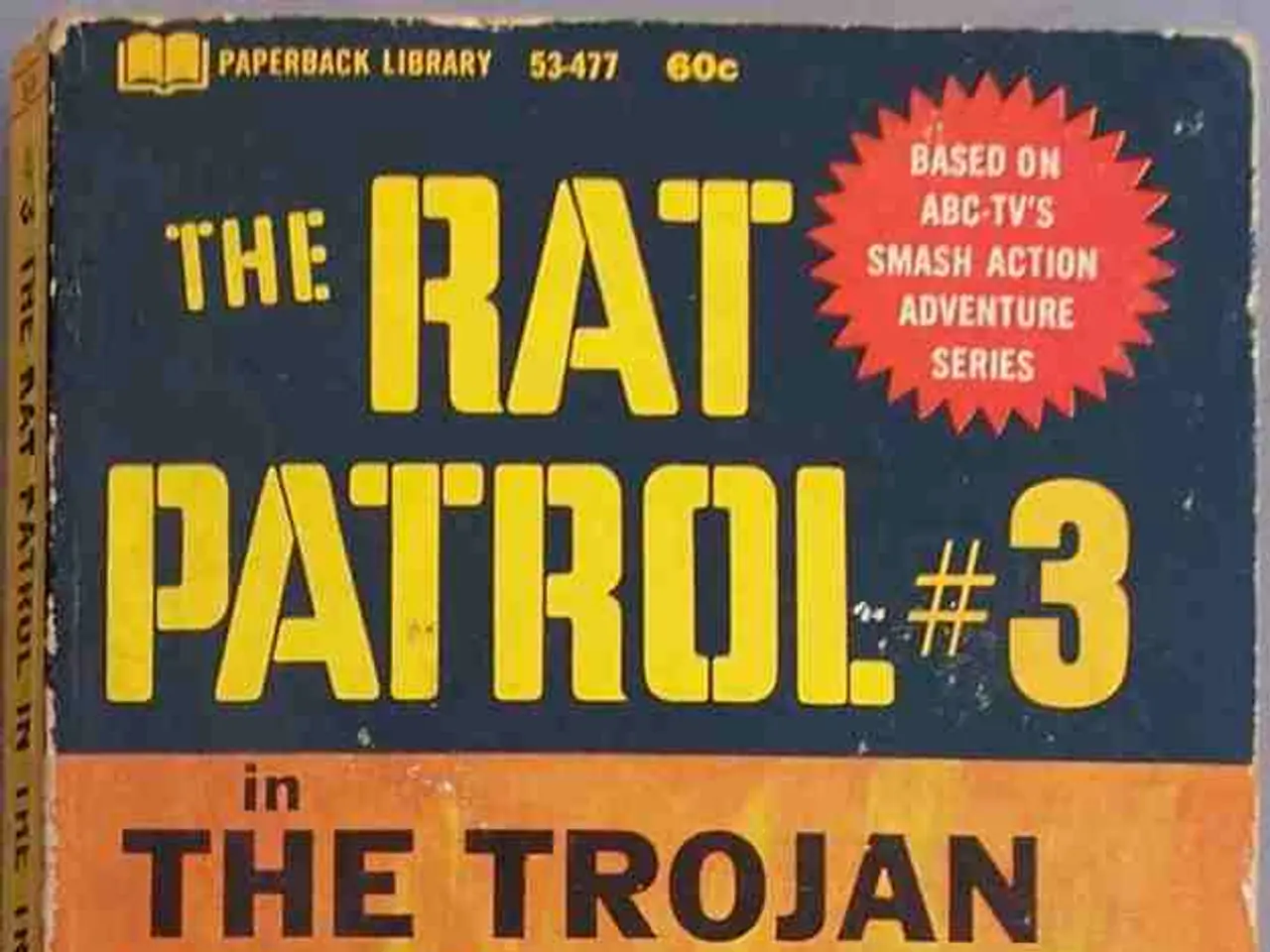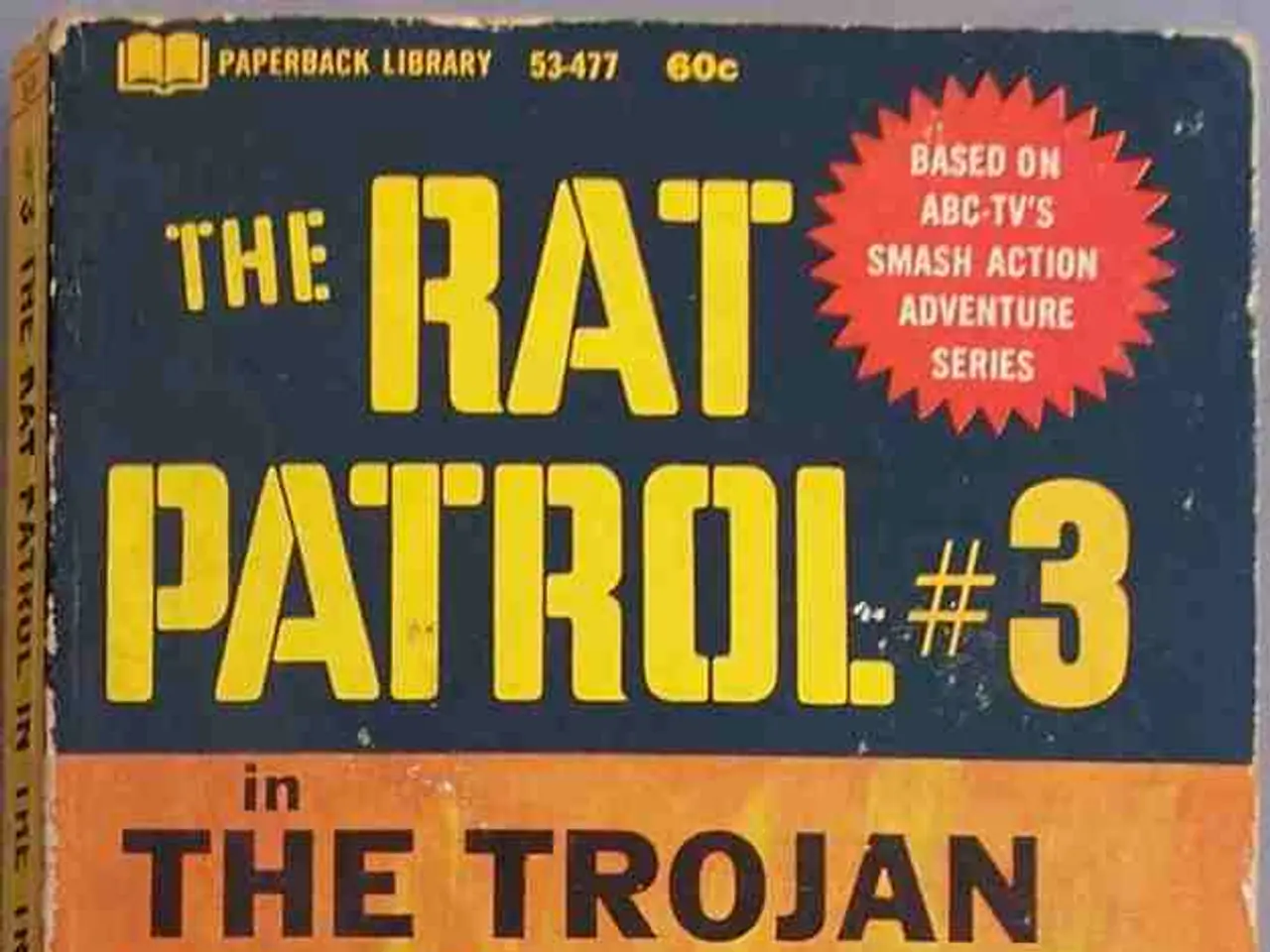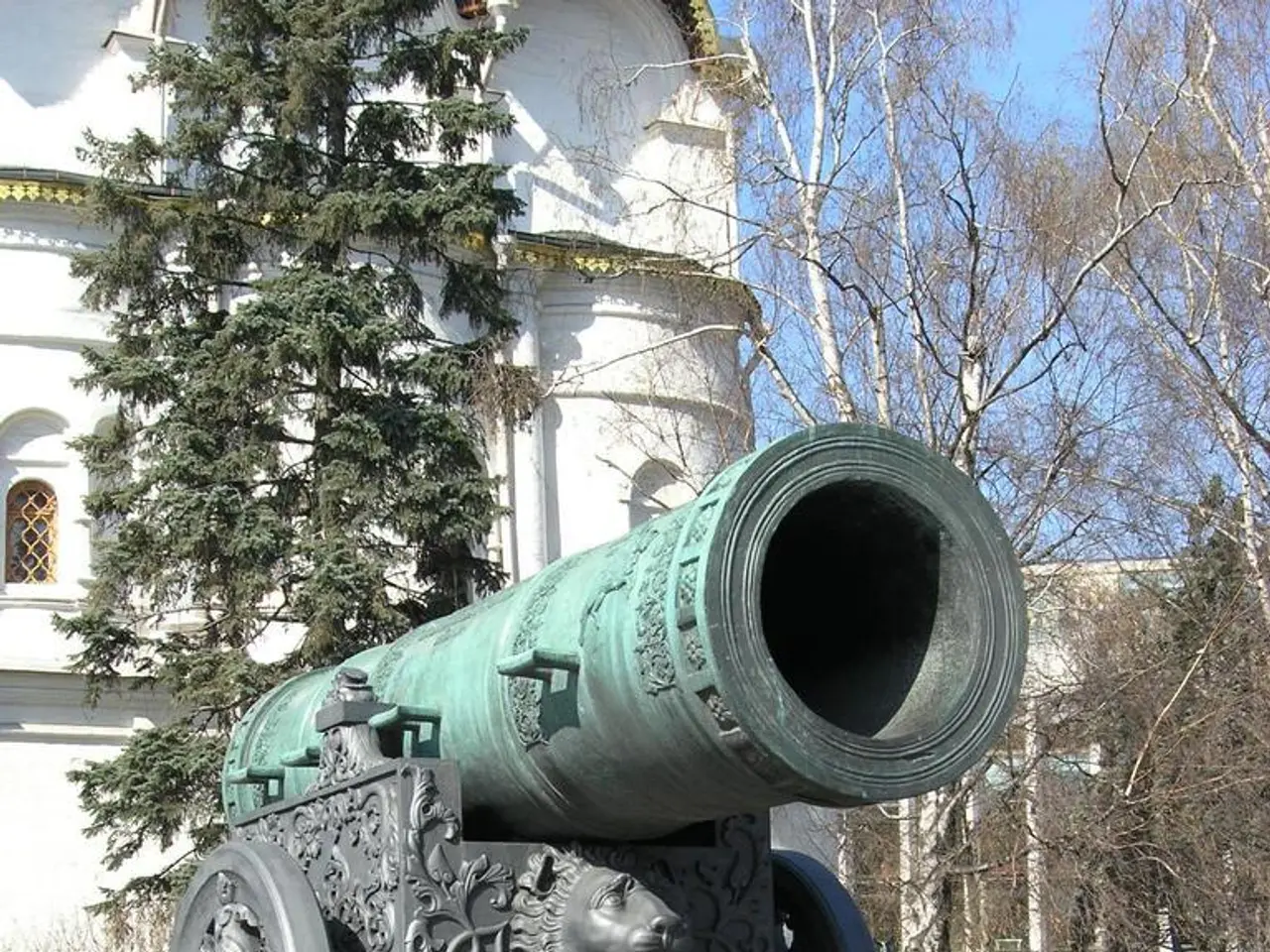Turning Tides: Italia's Backseat in NATO, Questioning the Alliance's Relevance
Italy's Minister Meloni challenges NATO's justification for existence as it currently stands
Just shy of the upcoming NATO summit, Italy, an original member of the North Atlantic Treaty Organization (NATO), raises eyebrows about the alliance's future. The Italian Defense Minister, Guido Crosetto, publicly voiced his concerns about NATO's purpose in its current state during a speech in Padua.
"NATO no longer holds the key to unlock peace," Crosetto declared, citing the shifting global landscape and the erosion of the traditional US-Europe world order. To face today's challenges, he argues, NATO must look beyond its old-school approach and form alliances with the global South.
Italy's history with NATO spans back to 1949, when the country joined the twelve founding member states. The alliance's now 32 member countries, including the US under President Donald Trump, will gather in The Hague next week. Residing within the ranks of the right-wing Fratelli d'Italia party, Minister Crosetto shares close ties with Italian Prime Minister Giorgia Meloni, who often raises criticism against the European Union (EU).
During a university conference in Padua, the Defense Minister was also vocal about the EU. "We reminisce about the past so often as if it still matters," he said, harboring doubts about the EU's political future. Despite Meloni's initial skepticism towards the EU, she has since demonstrated her dependability as a collaborator, particularly in Ukraine policy.
The day prior to Crosetto's speech, Spain threw a spanner in the works by officially announcing its opposition to NATO's plan to ramp up defense spending. Spanish Prime Minister Pedro Sánchez penned a letter to NATO Secretary-General Mark Rutte to express Spain's reluctance to adopt the new 5% defense spending target.
At a broader level, the Italian government's stance on NATO signifies a mixture of cautious engagement and critical self-reflection on the alliance's future meaning. The Defense Minister's questions dive into concerns regarding NATO's ability to adapt to the changing global order, increased US demands on defense spending, and the aspirations for a more autonomous European defense framework. While Italy remains a NATO stalwart, it advocates for modernization and redefined cooperation lines to address the challenges of the 21st century. [1][2][3][4]
As Italy questions NATO's relevance, it joins an ongoing global discussion about the alliance's future role in a rapidly transforming world. Keep your eyes peeled for further developments as old allies reassess their relationships in the military, political, and economic spheres.
Sources: ntv.de, ses/dpa, [1][2][3][4]
- Italy
- NATO
- Giorgia Meloni
- Defense Spending
- Geopolitics
[1] "Rise of populist parties in Italy and their potential impact on EU-Turkey relations," European Union Institute for Security Studies, 2022.[2] "The return of anti-Americanism in Europe: Competing US policies and the transatlantic relationship," World Politics Review, 2023.[3] "The European Defense Union: Geopolitical aspirations and the future of NATO," European Council on Foreign Relations, 2025.[4] "The diplomacy of European defense: Transatlantic competition and the push for strategic autonomy," International Affairs, 2024.
The Commission has also been consulted on the draft directive regarding Italy's stance on NATO, as the country's politics and general-news converge on the alliance's relevance in the rapidly transforming world. Italy, with its history within NATO, is advocating for modernization and redefined cooperation lines to address the challenges of the 21st century, while questioning the alliance's ability to adapt to the changing global order.




